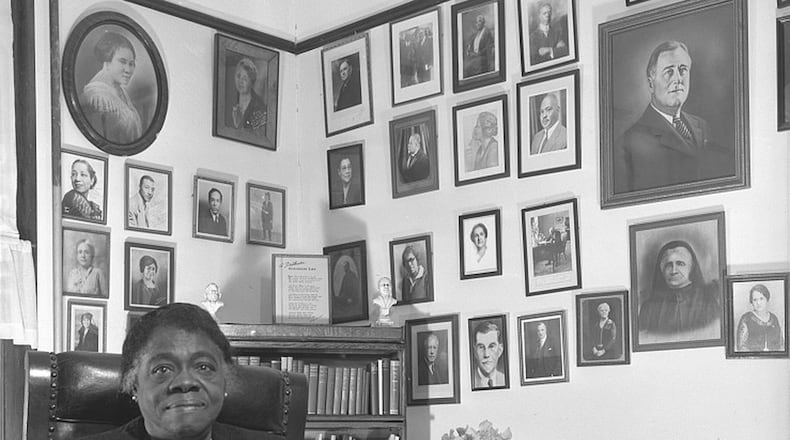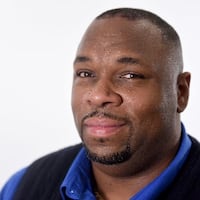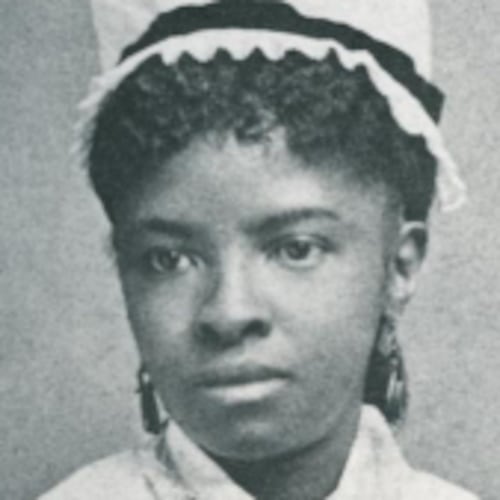It began with a book, and defiance.
It was the late 19th century, and a young Mary McLeod tagged along when her mother went to do some work at the home of the white family she’d once served as a slave. Mary ended up in the playhouse where the children did their studying.
“They had pencils, slates, magazines and books,” Mary McLeod Bethune recounted to sociologist Charles Spurgeon Johnson in an interview in 1940. “I picked up one of the books … and one of the girls said to me, ‘You can’t read that, put that down.’”
Bethune told Johnson she was 9 or 10 years old when she experienced “the first hurt” of recognizing “the contrast of what was being done for the white children and the lack of what we got.”
The playhouse incident is what sparked that awareness, she said. “It just did something to my pride and to my heart that made me feel that some day I would read.”
And she did, becoming the first person in her family — which included both parents and 16 siblings — to attend school, bringing the lessons back to teach others in the household.
When she heard black people in the South were migrating to Florida to work on a big railroad project, she purchased a four-room cottage near Daytona Beach and, in 1904, opened the Daytona Normal and Industrial Institute for Girls with five students. Two years later, the school expanded to 250 students.
It merged with the Cookman Institute for Men, just up the Florida coast in Jacksonville, in 1923 to become Bethune-Cookman College, one of the few colleges open to black students.
A staunch advocate for black people and especially black women, she started the National Council of Negro Women in 1935. Shortly thereafter, President Franklin D. Roosevelt appointed her director of the National Youth Administration’s Division of Negro Affairs.
Celebrate Black History Month
Throughout February, we'll spotlight a different African-American pioneer in the daily Living section Monday through Thursday and Saturday, and in the Metro section on Fridays and Sundays. Go to myAJC.com/black-history-month for more subscriber exclusives on people, places and organizations that have changed the world, and to see videos on the African-American pioneer featured here each day.
About the Author
The Latest
Featured



